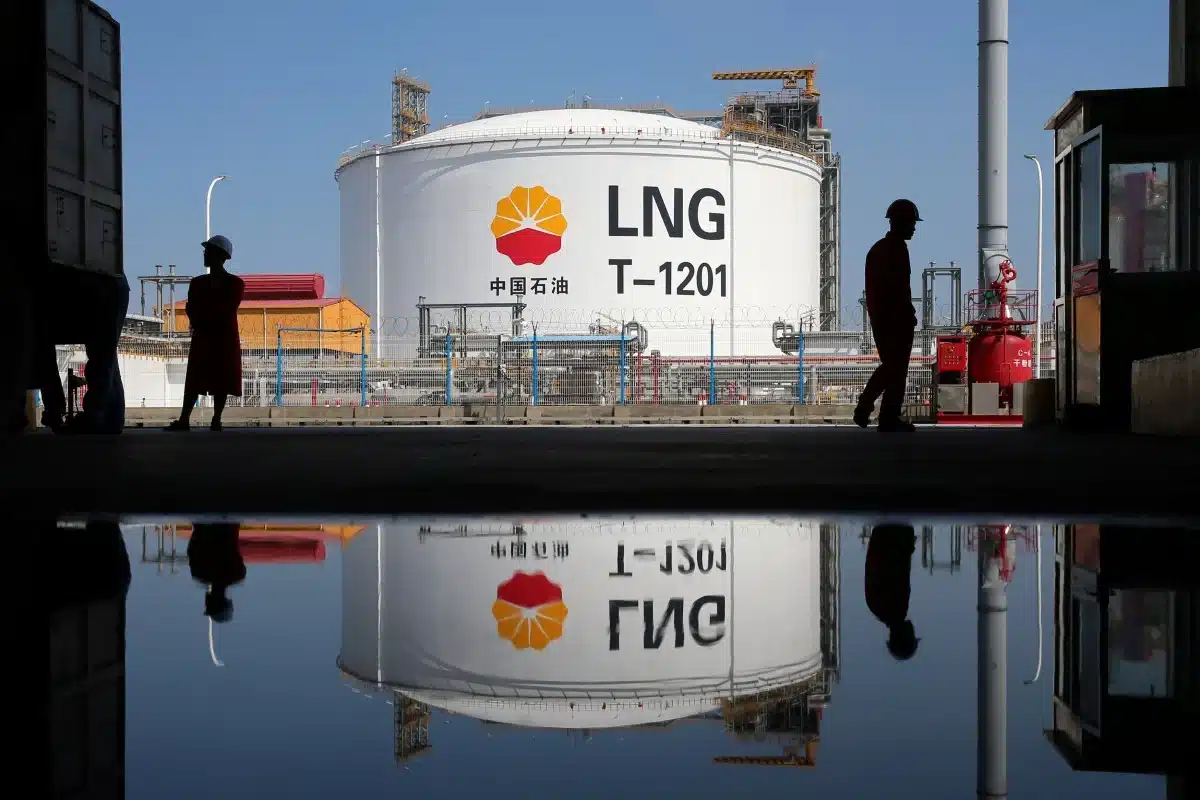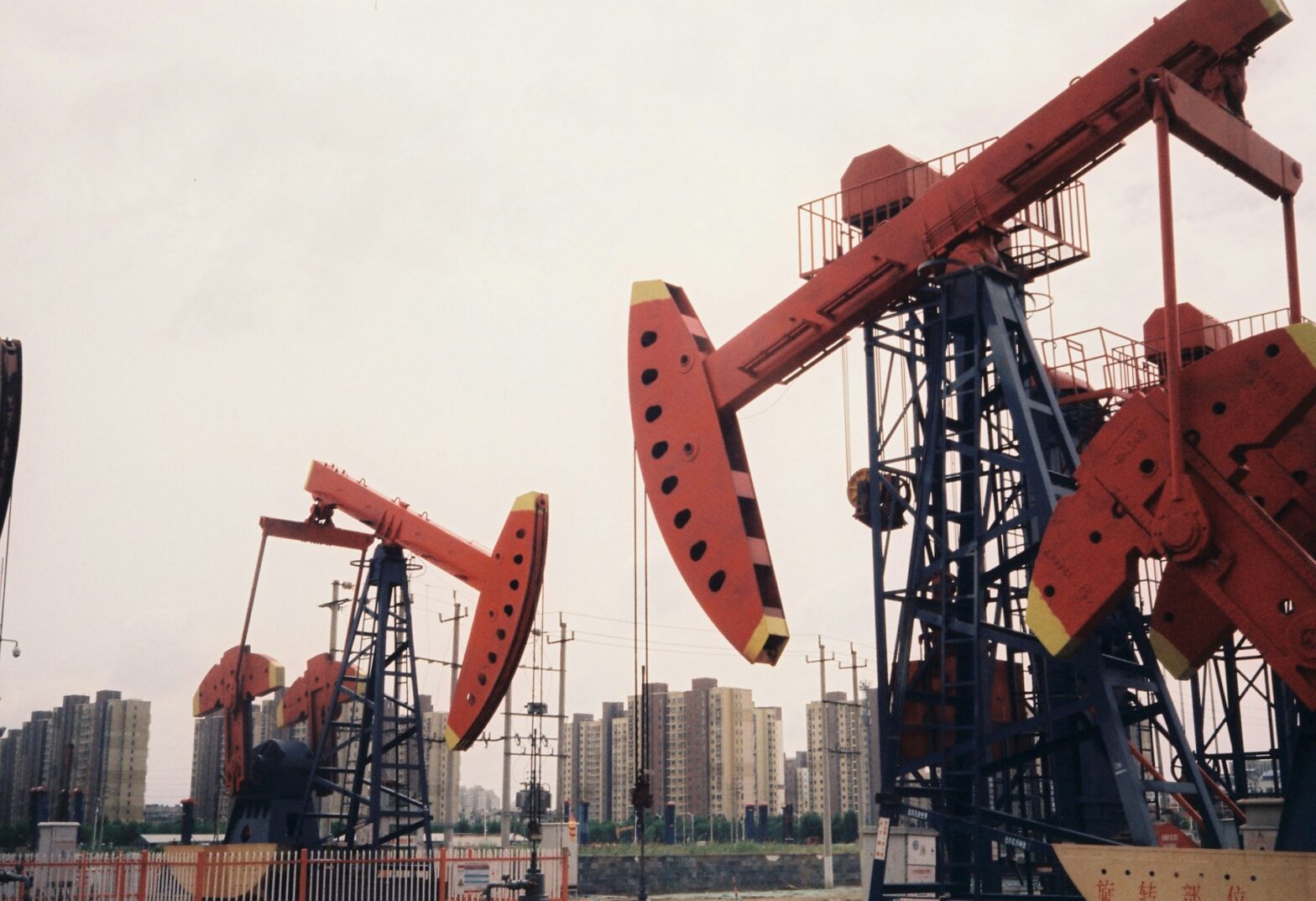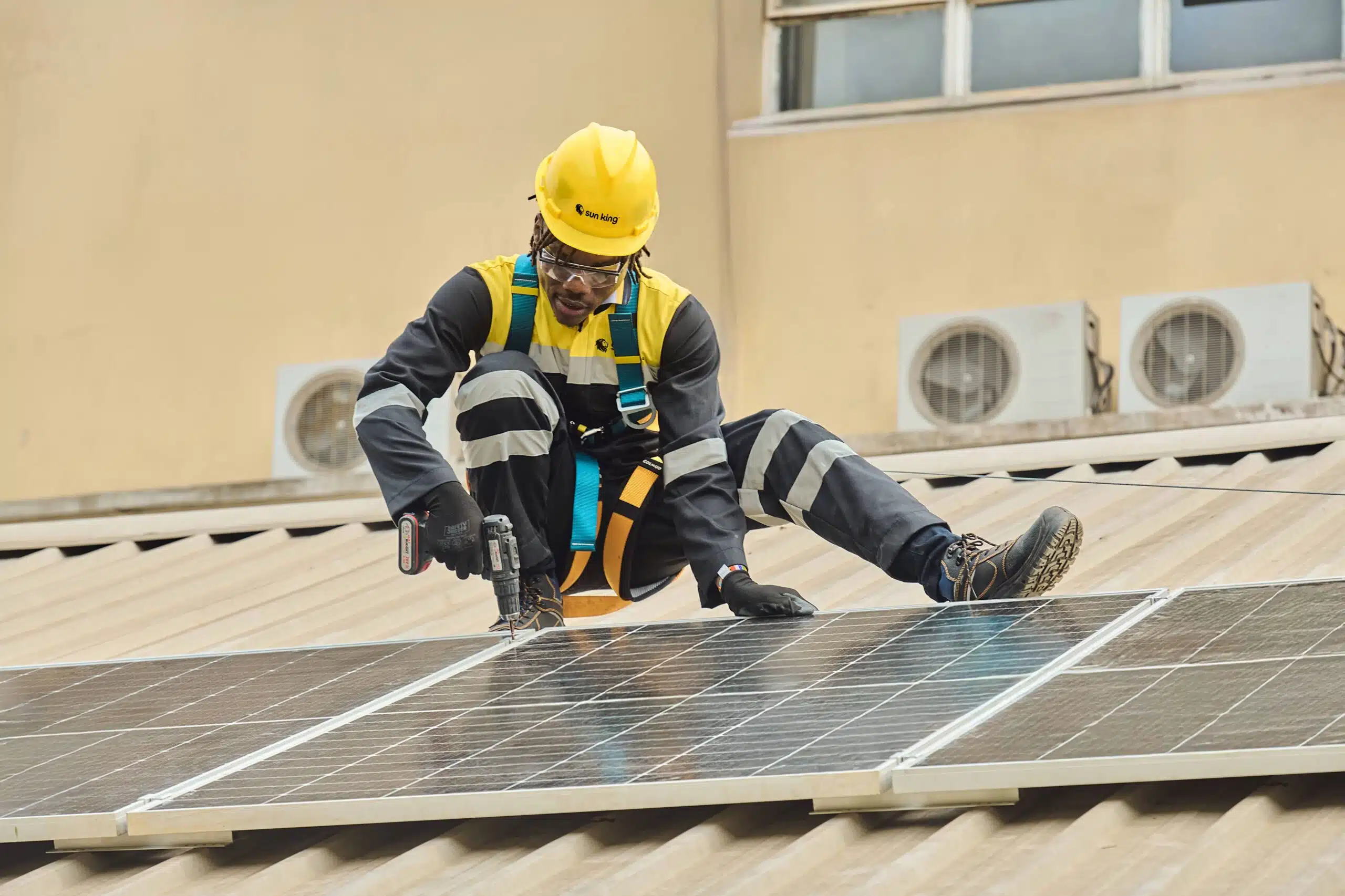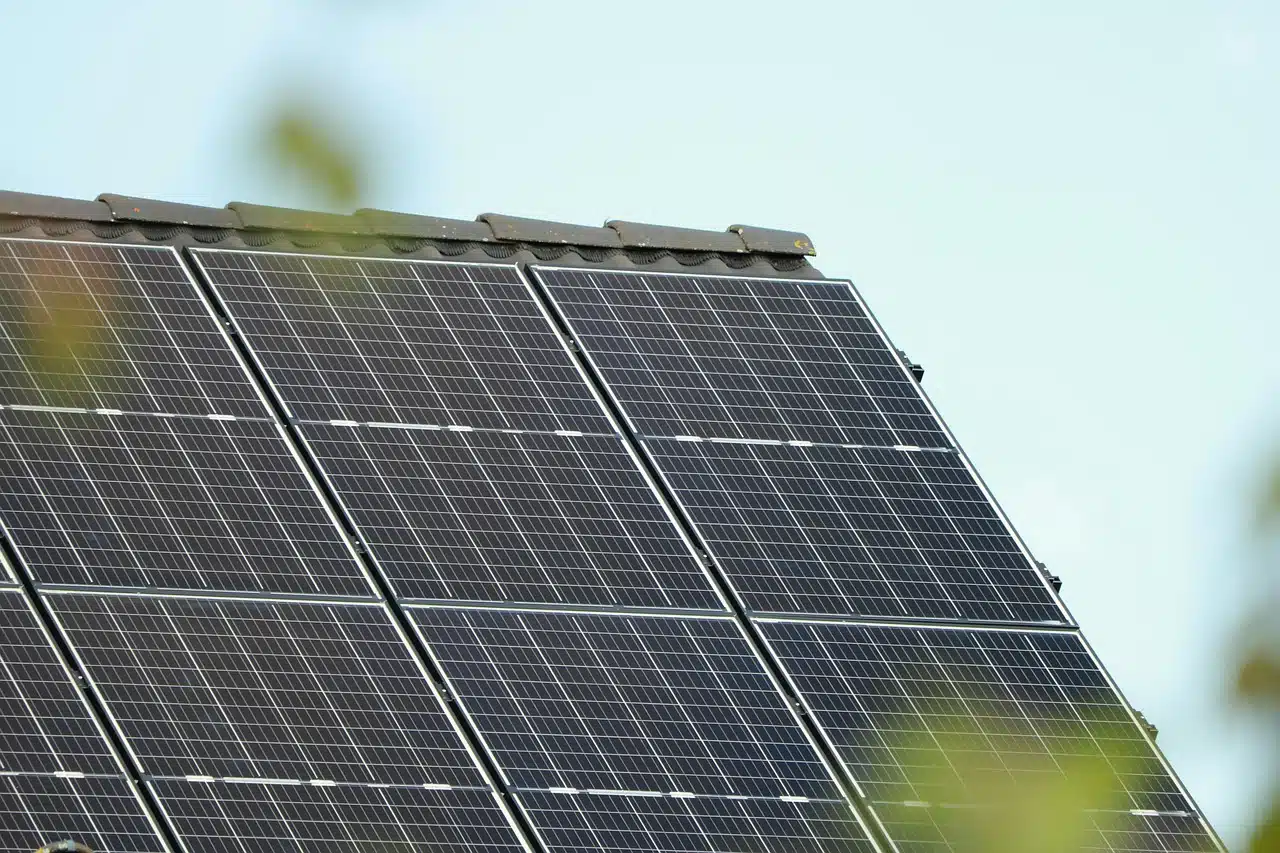Nigeria is actively seeking Chinese investment to strengthen its oil and gas industry, with numerous Chinese firms expressing interest in tapping into opportunities within the West African nation.
This growing attention stems from deepening economic ties between China and Nigeria, particularly in the energy sector.
In 2024, Nigeria’s President Bola Tinubu visited China, where he signed the Nigeria-China Relationship Agreement during the Forum on China-Africa Cooperation (FOCAC) in Beijing.
Since then, over 200 Chinese companies have shown interest in investing in Nigeria, with 74 specifically targeting the oil and gas sector.
To streamline partnerships, Nigeria has established a dedicated office to attract Chinese investors.
This initiative aims to boost value-added exports while addressing trade imbalances that currently favor China. Additionally, it aligns with Nigeria’s broader economic diversification goals.
In February 2025, Nigeria and China signed a $7.9 billion agreement to develop a green hydrogen project in Akwa Ibom, part of Nigeria’s Niger Delta region.
This deal highlights China’s increasing focus on sustainable energy investments in Africa.
Historically, Chinese enterprises have played a key role in Nigeria’s infrastructure development. In 2020, construction began on a $2.8 billion China-funded gas pipeline designed to enhance the country’s energy supply.
The latest wave of Chinese investment spans the entire oil and gas value chain, including exploration, production, refining, and distribution—aligning with China’s broader strategy of expanding its presence in Africa’s energy sector to secure resources for its growing economy.
While Chinese investment presents significant economic opportunities for Nigeria, it also raises concerns about trade imbalances. Nigerian authorities are prioritizing efforts to ensure these investments foster sustainable development and equitable partnerships amid a growing trade deficit.
Over the past two decades, China has emerged as a dominant player in Africa’s energy sector, financing and constructing power plants, oil refineries, and renewable energy projects across the continent. As trade tensions between the U.S. and China impact their economic relations, Africa is increasingly positioning China as a strategic investment partner.
Although China’s oil imports from Africa have declined, Beijing is shifting its focus toward Liquefied Natural Gas (LNG) purchases from Mozambique, Algeria, Ghana, and Egypt.
While China has traditionally relied on oil imports from Russia and the Middle East, analysts suggest its growing engagement with Nigeria may be driven by broader infrastructure opportunities and access to Nigeria’s vast consumer market.
Nigeria’s petroleum refining sector has long struggled with inefficiencies, creating a potential area for value addition through Chinese investment.
“This is probably an area where value can be added to Nigeria’s exports, and relatively easily,” says Lauren Johnston, an expert in China-Africa relations and associate professor at the University of Sydney’s China Studies Centre.
As discussions advance, both nations appear poised to deepen their energy cooperation, potentially transforming Nigeria’s oil and gas industry while fostering mutual economic benefits.










